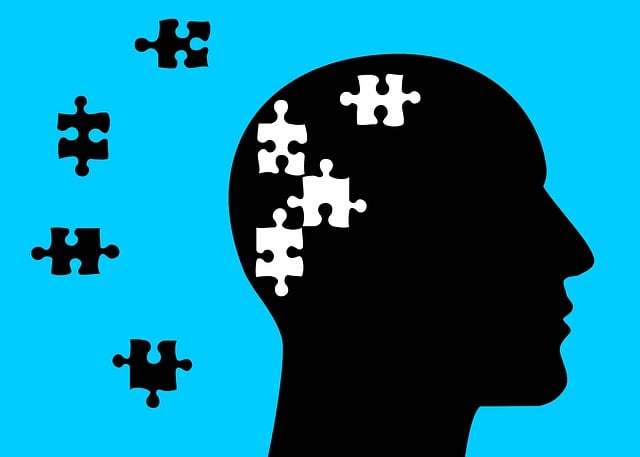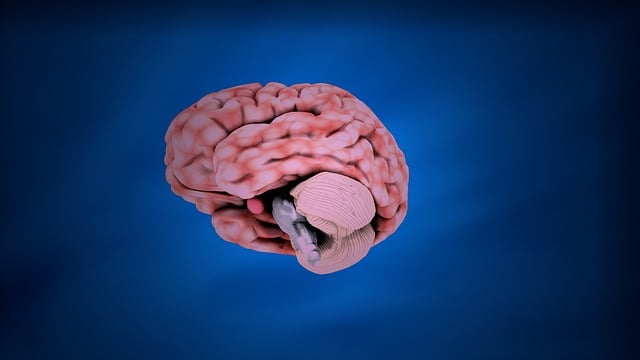Crisis Intervention Teams (CITs) provide vital support for young children's mental health during crises, especially those linked to undiagnosed postpartum depression (PPD). Comprising healthcare professionals, teachers, and community members, CITs offer specialized training in recognizing and responding to childhood trauma and emotional distress. By integrating these teams into existing systems, communities ensure timely therapy and create safe spaces for children to express their feelings. This proactive approach not only offers immediate relief but equips children with lifelong coping mechanisms, empowering caregivers with tools to improve mental health and strengthen the mother-child bond, thereby preventing severe PPD outcomes like bonding issues, impaired infant development, and increased risk of child abuse.
In today’s fast-paced world, young children’s mental health is a growing concern. Crisis intervention teams (CITS) play a vital role in addressing this issue, especially when it comes to postpartum depression (PPD), which affects millions of new mothers and their infants. This article explores the importance of CIT training programs in equipping professionals with the skills to provide early therapy for young children facing crises. We’ll delve into key components that make these programs effective, highlighting strategies to mitigate PPD’s impact on mother-child bonds.
- Understanding Crisis Intervention Teams: A Vital Resource for Young Children's Mental Health
- The Impact of Postpartum Depression on Mothers and Their Children: Why Early Intervention is Crucial
- Designing Effective Training Programs: Essential Components for Empowering Professionals in Therapy for Young Children
Understanding Crisis Intervention Teams: A Vital Resource for Young Children's Mental Health

Crisis Intervention Teams (CITs) are a vital resource for young children’s mental health, providing essential support during periods of intense stress or crisis. These teams typically consist of healthcare professionals, teachers, and other community members who are trained to recognize and respond to childhood trauma and emotional distress. By integrating CITs into existing systems, communities can ensure that young children receive timely therapy for issues like postpartum depression, which often goes undiagnosed in this age group.
Through the use of conflict resolution techniques and emotional regulation strategies, CIT members help foster a safe and supportive environment where children can express their feelings and begin to heal. Emotional well-being promotion techniques are at the core of these interventions, focusing on building resilience and teaching coping mechanisms that will serve children long into the future. This proactive approach not only alleviates immediate symptoms but also equips young individuals with the tools necessary to navigate life’s challenges more effectively.
The Impact of Postpartum Depression on Mothers and Their Children: Why Early Intervention is Crucial

Postpartum depression (PPD) is a serious mental health condition that can significantly impact both mothers and their children. It often manifests as intense feelings of sadness, anxiety, and exhaustion, affecting a mother’s ability to care for herself and her baby. The consequences of untreated PPD can be severe, leading to difficulties in bonding, poor infant development, and even increased risk of child abuse or neglect. Early intervention is crucial because it can prevent these negative outcomes and promote healthier family dynamics.
Training programs focusing on crisis intervention often emphasize the importance of identifying PPD symptoms early on. Through these programs, healthcare professionals learn effective strategies for supporting mothers, including therapy tailored for young children experiencing PPD. Techniques such as mindfulness meditation have proven beneficial in depression prevention and stress management. By equipping caregivers with these tools, crisis intervention teams can foster a nurturing environment, ensure better mental health outcomes, and strengthen the mother-child relationship.
Designing Effective Training Programs: Essential Components for Empowering Professionals in Therapy for Young Children

Effective crisis intervention team (CIT) training programs for therapy involving young children must be meticulously designed to cater to the unique needs of this demographic. When addressing issues like postpartum depression, which can significantly impact a mother’s ability to care for her child, training should go beyond basic first aid and incorporate evidence-based practices tailored to early childhood development.
The curriculum should prioritize interactive learning experiences that foster practical skills in assessment, de-escalation, and supportive communication strategies. Mental health awareness is paramount; professionals must understand the nuances of recognizing and addressing emotional and behavioral challenges in young children. Incorporating role-playing scenarios and case studies related to common childhood crises can greatly enhance their preparedness. Additionally, training should promote a collaborative approach, emphasizing the importance of multidisciplinary team work for comprehensive care.
Crisis intervention team (CIT) training programs are indispensable tools for empowering professionals to address mental health crises, especially in young children. By equipping them with effective strategies and knowledge about conditions like postpartum depression, these programs ensure that support systems are readily available. The essential components highlighted in this article, when integrated into CIT training, can revolutionize therapy for young children, fostering better outcomes and strengthening the well-being of families impacted by mental health challenges.














